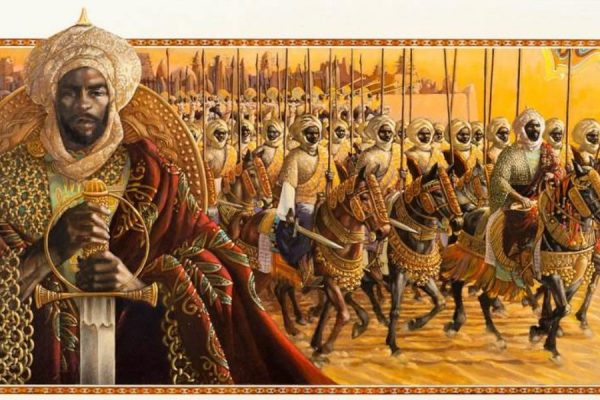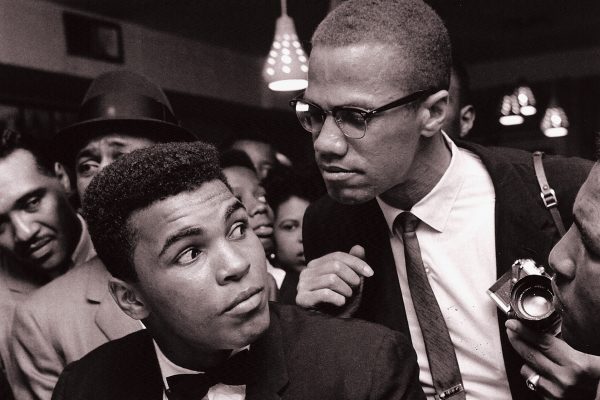An unofficial American holiday, this celebration has largely been ignored by the wider American public and government – and is mostly celebrated by African Americans, many the descendants of the slaves who first built America.
An unofficial American holiday, this celebration has largely been ignored by the wider American public and government – and is mostly celebrated by African Americans, many the descendants of the slaves who first built America.
Juneteenth, an annual celebration that falls on the 19th of June, is celebrated mostly by African Americans on what is often called the “true” day of the full emancipation of slaves in the United States in 1865.
With the end of the American Civil War, initial steps had been taken to free all slaves under the Emancipation Proclamation and was effective as of January 1863 – however states like Texas were slow to enforce the freedom of slaves as it remained on the fringes of the US border.
It is important to remember that while the Emancipation Proclamation marked the emancipation of slaves in the Confederacy states, states like Texas and those along the Union border were slower to respond and still held onto the institution of slavery – meaning that the end of the American Civil War did not bring immediate freedom to all slaves in the US. The 13th Amendment to the United States Constitution, which officially abolished slavery in all US states and territories (except for criminals, who could be bound to slavery through a glaring loophole), was not put into effect until December of 1865.
The annual remembrance and celebration of Juneteenth, therefore, falls on the day when the Union army general Gordon Granger finally announced a federal order in Galveston Texas that proclaimed all slaves in Texas were officially free – meaning that slaves were (at least formally) finally free in even the fringe state of Texas.
An unofficial American holiday, this celebration has largely been ignored by the wider American public and government – and is mostly celebrated by African Americans, many the descendants of the slaves who first built America. Celebrations of Juneteenth date back to 1866, spreading across the American south as a way to remember and appreciate this historic day. During the Civil Rights movement of the 1960s, Juneteenth also was celebrated with an even greater focus on the African American freedom struggle that continues to this day.
So why is this day so important to not only African Americans, but to the wider and increasingly globalized community? Not only does Juneteenth recognize the fact that not all slaves were immediately freed after the Civil War (and then only formally, as different manifestations of the slavery of black Americans exist until today), but it also draws on the necessity of recognizing that the fight for racial equality is not over.
Systematic and institutionalized forms of racism and modern-day slavery still exist in the US, and while we can celebrate the ending of the historical form of brutal slavery in the early years of the country, we must realize that the fight is not over. With the recent Black Lives Matter protests, spurred by the murder of George Floyd at the hands of white police officers, many have called upon both wider society and government to acknowledge the continued abuses of black Americans and anti-black racism that exists today.
Juneteenth has become not only a day of celebration but a day of harsh remembrance: modern-day slavery still exists in forms such as the prison system and institutionalized poverty, and systematic racism is still so heavily embedded in the US today. We must continue to challenge and repel the systems that so deeply abuse our Black brothers and sisters, and call for a society that recognizes the importance of understanding our racist history – and the consequences that come from it.





